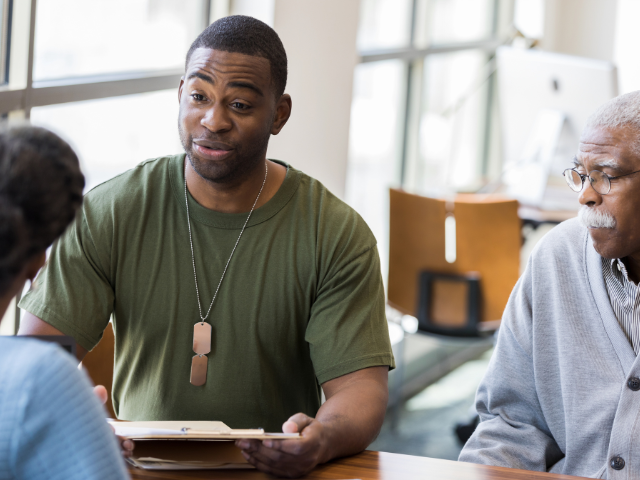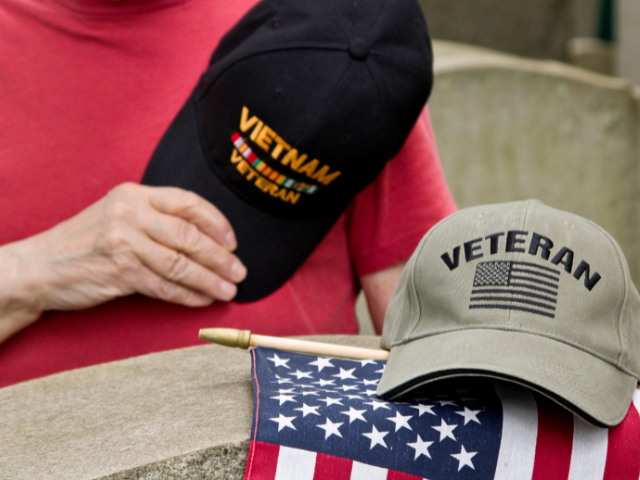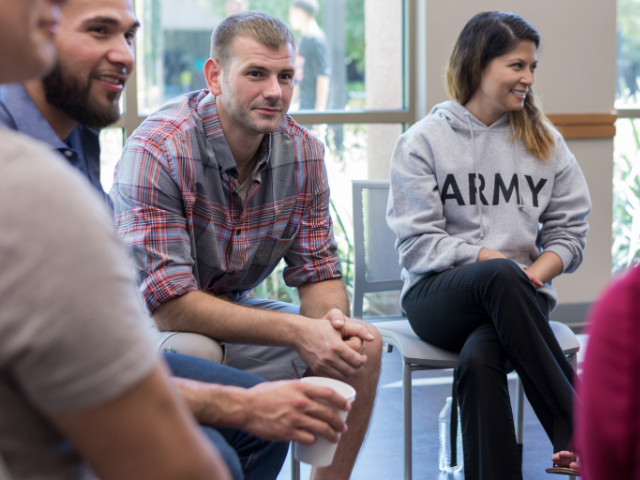Support System
One thing that becomes apparent when caring for veterans is that quite a few lack a support system. Veterans I spoke to also cited this as their reason for seeking out substances to combat feelings of loneliness.
With continued substance abuse oftentimes comes homelessness, which, already with the current housing crisis, makes the problem ever more pervasive.
Veterans are found to be 1.5 times more likely to die by suicide than adults who were never veterans, according to the American Psychological Association. Reasons for this may include high exposure to trauma, stress and burnout, isolation and loneliness, easy access to and familiarity with guns, and difficulties reintegrating into civilian life.
Unresolved Solution
The solution to this issue is ongoing. While the pervasiveness of drugs is not showing marked improvement, especially with the availability of Fentanyl and other synthetic drugs, the mental health of veterans needs to be in the spotlight. Perhaps before exiting from service, there could be early-intervention assistance for veterans, if for no other reason than to offer support while they reacclimate to civilian life.
You, or a veteran you know, might need more help with mental health than you realize. This is not to say that the mental health of veterans is more important than the general population. Still, societal awareness is essential since these individuals risked their lives to serve this country
It has made me more aware as a nurse of the human condition of wanting safety, which includes being of sound mind. Sometimes, a way to cope is good until it’s not. This seems to have been the resounding theme among veterans as they come through our unit doors for help.









